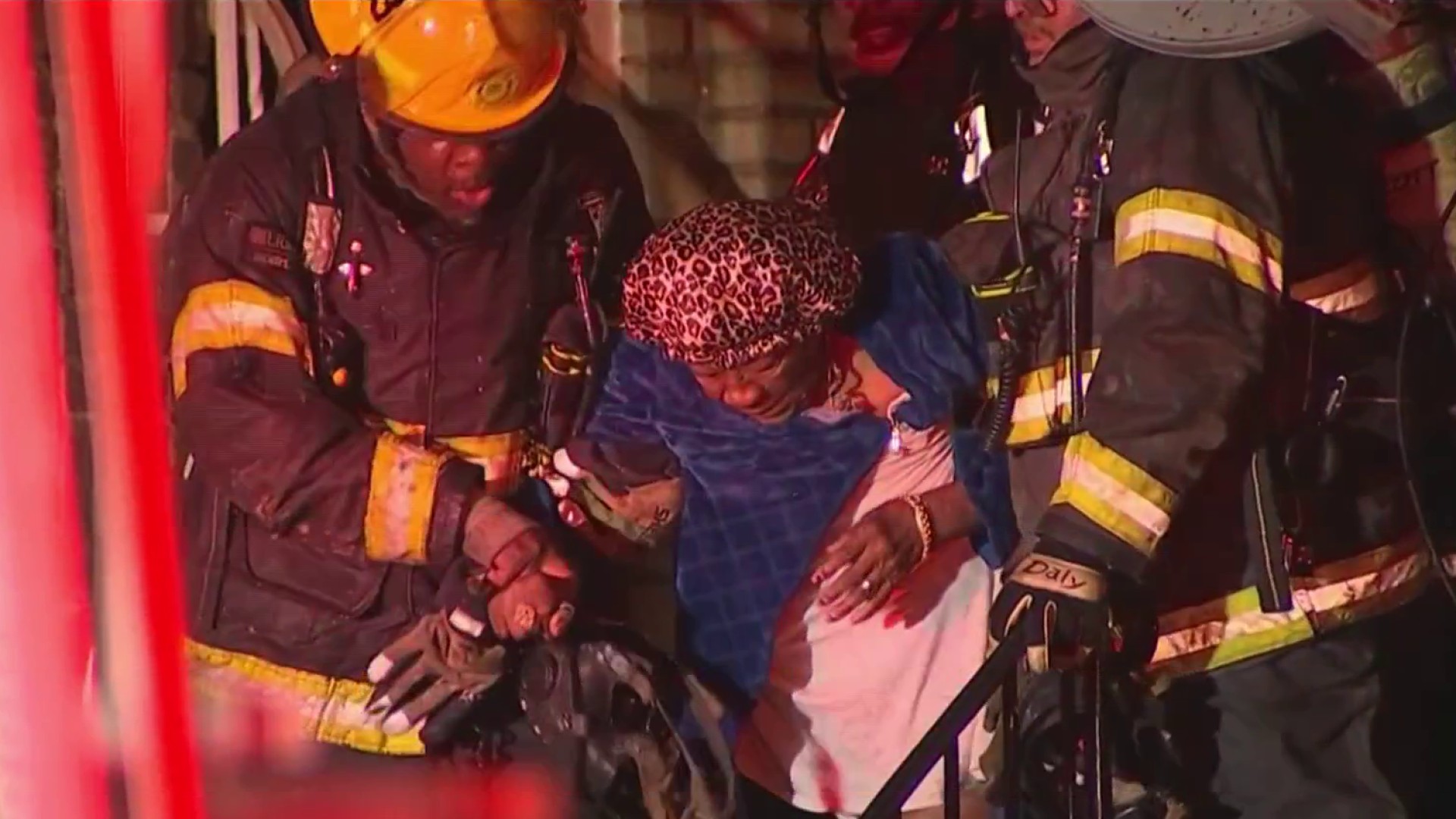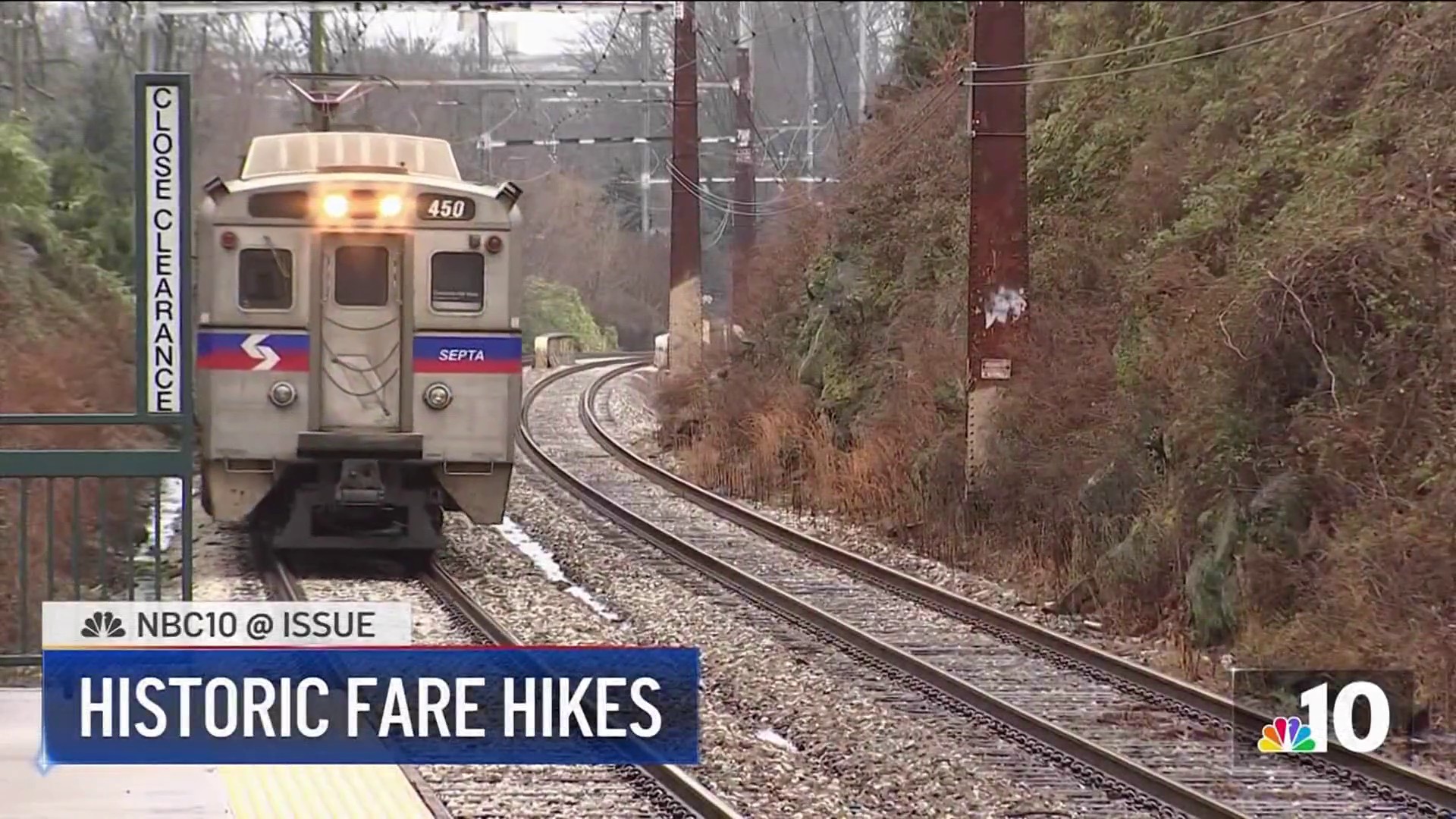The Philadelphia medical examiner's office and police are working to determine what sparked as many as 35 overdose deaths over a recent five-day period in the city.
"There are overdoses that occur every day and people don't die," said police spokesman Lt. John Stanford. "What's coming to the forefront is the fact that people are overdosing and dying."
A dozen people alone died from overdoses Dec. 1. Another four died the following day. That weekend seven died of overdoses on Saturday, another nine on Sunday and three on Monday.
There were also spikes in overdoses in South Jersey and Bucks County in recent days. In mid-November, nearly 50 people in Philadelphia cheated death when their overdoses were reversed by medics, police and doctors. All of those overdoses happened in a 24 hour period.
Explaining the surge in overdoses can be like solving a puzzle. While investigators have determined that those who died got their drugs from different sources — meaning it was unlikely that a "bad batch" had a single origin — they must also consider factors including where the opioids may have originated, if there are links among dealers being arrested and whether certain street heroin may be purer than others or is being laced with powerful painkillers like fentanyl.
Roland Lamb, deputy commissioner for the Department of Behavioral Health, said that before this week, he hasn't seen people dying of overdoses in such numbers over such a short period of time. He said his agency has been stepping up efforts to train people on administering overdose antidotes and has been distributing antidote kits throughout the city. The department also has been working with hospitals to identify overdose victims and is trying to steer them into treatment.
Meanwhile, the Department of Public Health has issued guidelines to doctors on opioid prescription, as doctor-issued painkillers can lead to addiction and abuse.
Local
Breaking news and the stories that matter to your neighborhood.
NBC10 probed local and national efforts by addiction support adovcates, law enforcment and the medical community trying to attack this crisis as part of a special report, Generation Addicted, earlier this year. While communities are taking steps to fight the epidemic, many officials conceded that the death toll would continue to rise for some time.
Officials say Philadelphia already has the strongest heroin in the country — aroubd 80 percent pure. That's nearly twice the purity of heroin in New York City, at 45 percent.
The U.S. Centers for Disease Control and Prevention reported this week that more than 50,000 Americans died from drug overdoses in 2015, a new record. Heroin deaths were up 23 percent in one year — numbering nearly 13,000 and rivaling gun homicides.
In Philadelphia, fatal drug overdoses also outnumbered murders last year — about 700, compared to 280 homicides. The overdose rate nearly doubled from 460 in 2013.
Fentanyl deaths in the city have skyrocketed by more than 600 percent over the past two years, data released by the city this summer showed.



